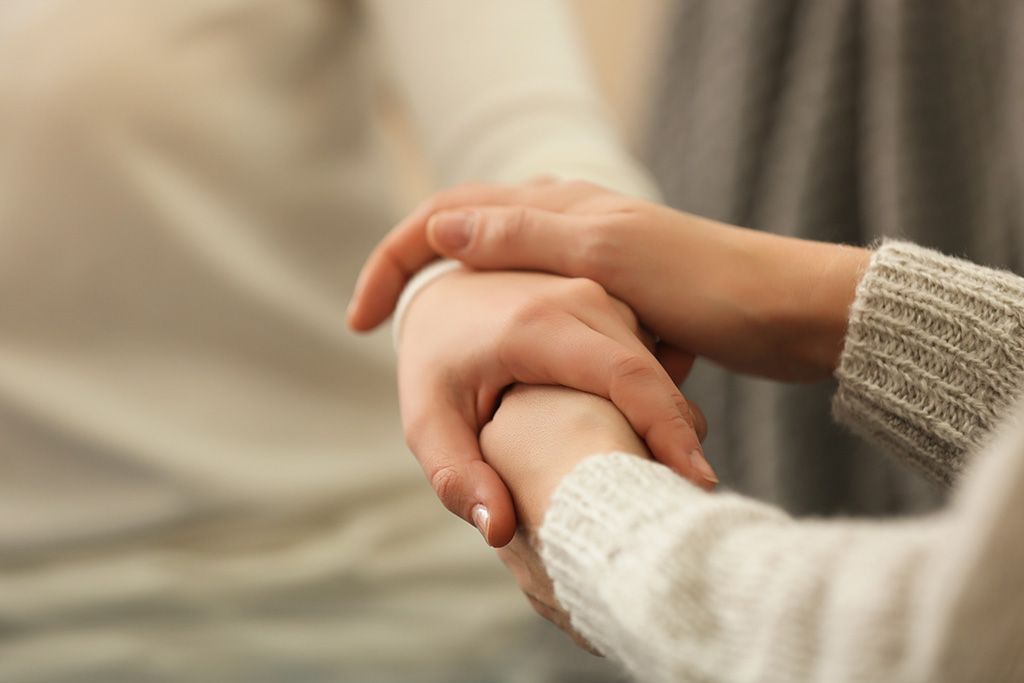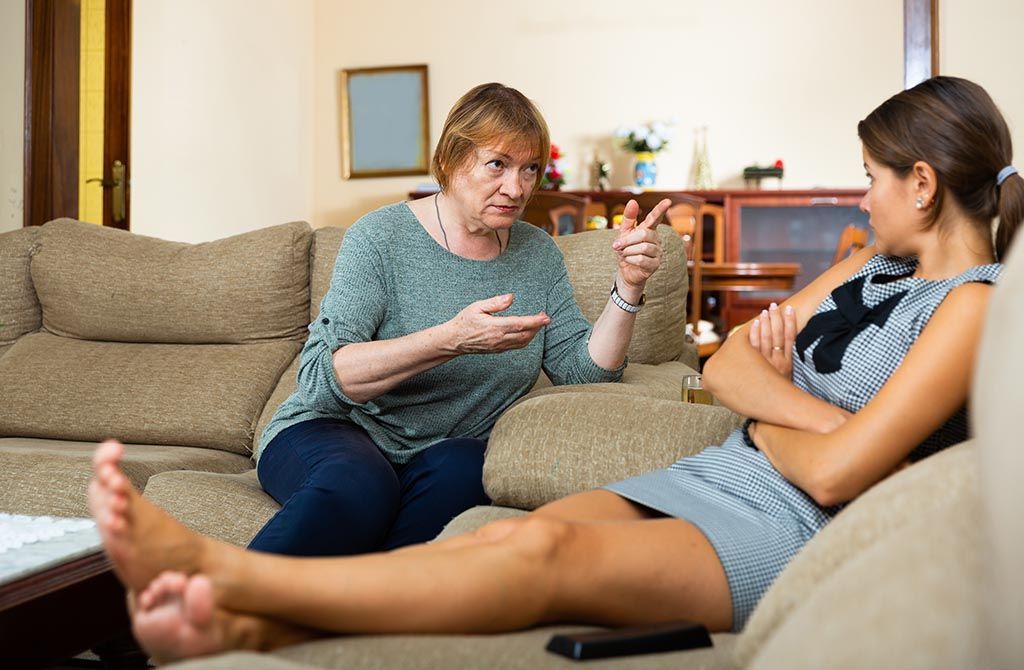Join to see when we post new obituaries
Your email will not be used for any other purpose and will not be shared. You may unsubscribe at any time.
Dealing with Grief – Affordable Burials and Cremations Helps
When dealing with grief, there is no one right way, and in fact, no one has the right to tell you how you ought to grieve when you have suffered the loss of a loved one. It’s natural to grieve the death of someone you loved and cared about, but people grieve in different ways and at different times. We all know someone who has suffered great losses in life, but seems to keep their grief so deeply buried they seem to not be affected at all; equally, we have friends and family members who are devastated years after their loved ones have died, who may show strong emotions, shed tears and talk about the deceased person as if they had passed away only recently. Here we will explore some common experiences of grief, and how to cope with grief as a part of life.
The Stages of Grief
Some people worry that if they are feeling too distressed by the loss of a loved one, they should seek professional counselling. It’s true that professional help can be very effective in helping you navigate confusing and overwhelming emotions that are interfering with daily activities, but it’s also important to realize that grief is not a disease. We can pathologize grief instead of letting it run its natural course. And grief is natural – so natural, in fact, that a grieving person often passes through well-recognized stages before healing from a loss.
The stages of grief may not be experienced in a linear fashion – one might go back and forth between them, or skip some altogether – but are generally recognized to be:
- Denial: This isn’t happening.
- Anger: This shouldn’t be happening. Who is to blame?
- Bargaining: Just bring back my loved one, and I will do xxxxx.
- Depression: I can’t face what is happening.
- Acceptance: I accept what has happened.
Some people do resolve their grief without recognizably moving through these stages, because as individuals, we all have individual experiences of grief and how we deal with grief. As time passes, even someone who feels guilty for moving on with life will experience their grief lessening in intensity; however, grief can return at a moment’s notice, often during times of togetherness like holidays or family gatherings, when once again we sharply feel the absence of that special person.
How to Cope with Grief
Remember that the more significant your loss, the more intense your brief will usually be. That’s why losing a job, a friendship or a home are typically lower on the grieving scale than losing a loved one, which is a permanent, irreplaceable loss. Here are some common ways to cope with, and move through, the experience of grieving:
-Feel your pain. Welcoming your pain, instead of trying to be strong and stoic, may lessen your grief in the long run.
-Don’t judge yourself. Not everybody cries; there are many responses to sadness, and beating yourself up about not showing ‘the right kind’ of grief doesn’t let your true feelings surface in their own good time, which they surely will if you let them come.
-Get support. Don’t grieve alone; find an understanding person or people to share your grief with, whether it’s family members, friends, congregation, clergy, support groups or professionals.
-Take care of yourself. You may feel guilty doing anything for yourself when your loved one is not there to enjoy it with you, but you are important and deserve to live your life. This is the time to keep a journal (if you don’t already) where you can pour out your deepest thoughts, feelings and emotions; it’s a simple and very effective way to practice self-care and stave off loneliness during this difficult time.










